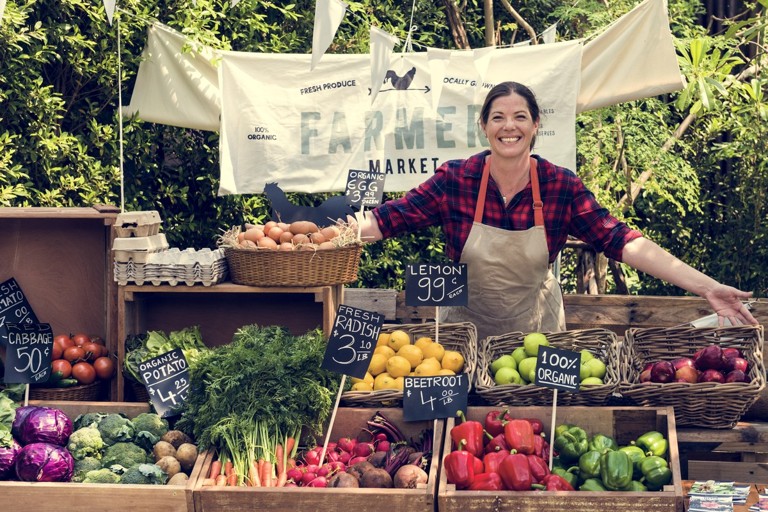On a crisp Saturday morning, few things feel more rewarding than a stroll through a London farmers’ market. The aroma of coffee mingles with the sweetness of fresh pastries, the chatter of stallholders fills the air, and baskets overflow with colour — ruby tomatoes, green kale, golden pears. These markets are more than shopping destinations; they’re small worlds of connection and care.
At the heart of it all is Primrose Hill Market, a community fixture that has grown from a handful of local traders into a vibrant Saturday ritual. Here, regulars arrive early, reusable bags in hand, to catch the best of the seasonal harvest. “It’s about seeing familiar faces,” says Ruth, a honey producer from Kent. “We know our customers by name — it’s neighbourly in the best sense.”
The produce tells a story of its own. Each stall represents a farm, a field, or a family business that treats food as craft rather than commodity. Breads are baked overnight in wood-fired ovens, and cheeses arrive wrapped in cloth instead of plastic. There’s a pride in provenance, an insistence on quality that stands in quiet defiance of convenience culture.
A few miles north, Alexandra Palace Farmers’ Market offers a different charm — perched high above the city, it’s as much a social gathering as a shopping trip. Families sprawl on the grass with coffees in hand, live musicians play acoustic sets, and the view stretches across London’s skyline. Between the sourdough and the chutney stalls, it feels like a festival of simple pleasures.
Many of these markets trace their origins back to community groups determined to revive local trade. They’ve succeeded by making the experience feel human again. “We’re not just selling veg,” laughs George, a fourth-generation grower from Hertfordshire. “We’re selling the story that comes with it — the weather, the soil, the year we had.”
It’s this storytelling that draws people in. Shoppers linger longer, ask questions, and learn to cook differently. The exchange becomes personal — you buy carrots from someone who planted them, bread from someone who knows the name of their starter, honey from a beekeeper who can tell you which flowers bloomed that season.
Beyond the produce, the markets double as neighbourhood hubs. Noticeboards advertise book swaps, local theatre, and yoga classes in nearby halls. Kids clutch hot chocolates while parents chat about schools or new cafés. It’s a reminder that urban life doesn’t have to mean anonymity.
Over in Stoke Newington, the Sunday market leans more cosmopolitan — a mix of Mediterranean olives, Caribbean spices, and vegan pastries next to traditional British pies. The diversity mirrors the city itself, proving that London’s food culture thrives when traditions share the same table.
Environmental awareness also plays its part. Many vendors champion low-waste packaging and sustainable farming. “If you buy from us,” says one organic grower, “you’re supporting the land directly. There’s no middleman, no warehouse, just the person who put seed to soil.” The sentiment resonates with shoppers eager to feel their purchases matter.
During winter, the markets change character. Stalls glow with lanterns, mulled cider replaces lemonade, and laughter rises like breath in the cold air. Regulars still come, bundled in scarves, holding warm paper cups. Even in frost, the markets remain alive — proof that community doesn’t hibernate.
What unites all these spaces is a certain generosity. Prices may be higher than supermarket shelves, but the experience — the human connection, the freshness, the sincerity — is priceless. Buying a loaf or a punnet of berries becomes an act of participation in something larger and more meaningful.
By the time the last stalls close and crates are packed away, London feels a little smaller, a little kinder. The markets remind us that the city’s strength lies not in its speed, but in its gatherings — those fleeting, fragrant mornings when food and friendship share the same space.
